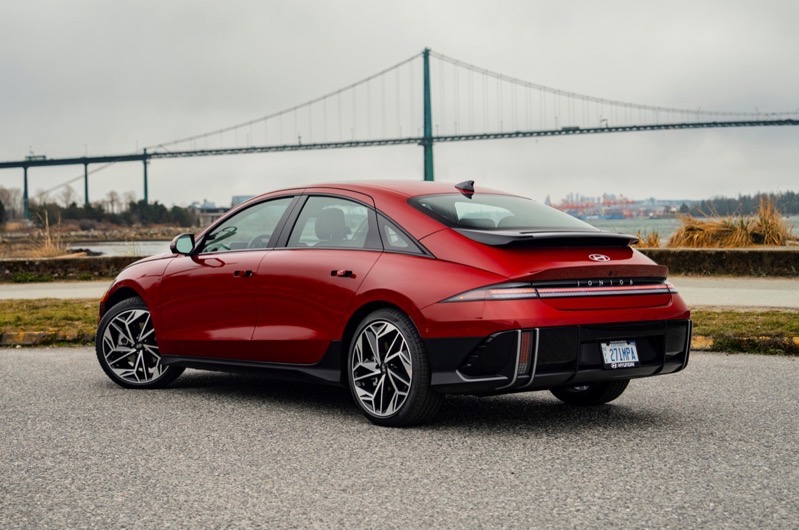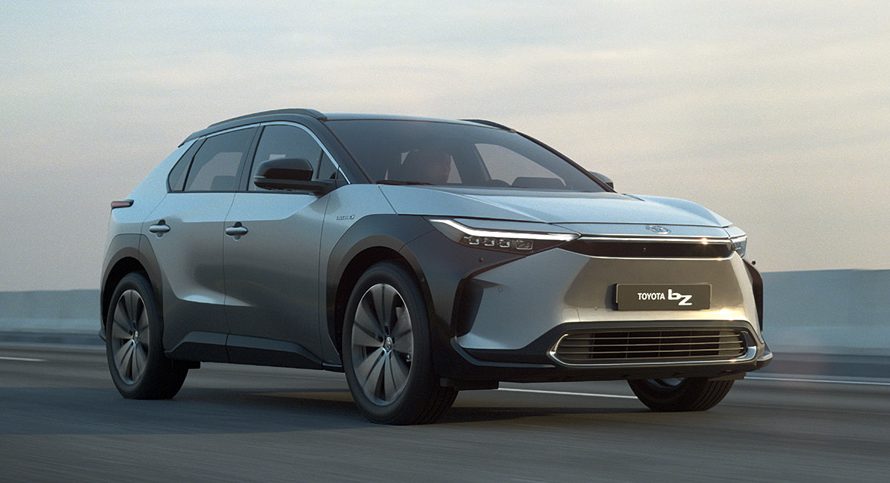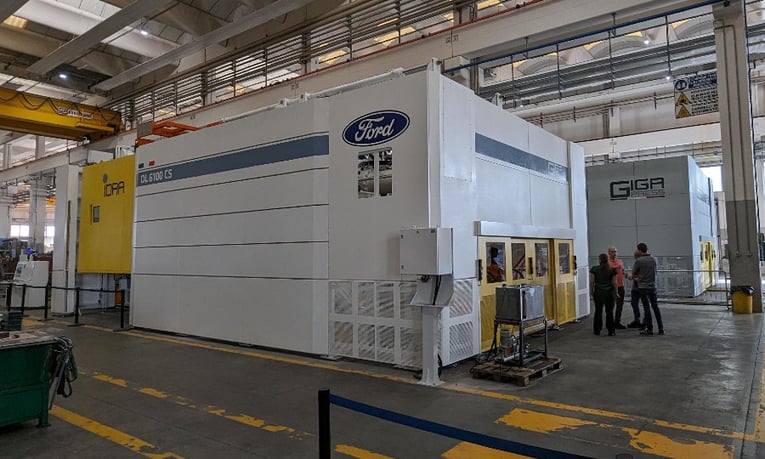
UK Watchdog Slaps Toyota and Hyundai Over False EV Ads

The UK Advertising Standards Authority (ASA) has put a halt to campaigns by car manufacturers Toyota and Hyundai, accusing them of overstatement regarding the speed of electric car charging and of misrepresenting the availability of rapid-charging stations throughout the UK and Ireland.
Toyota conducted a promotional campaign for its bZ4X model on its website, which boasted the slogan “making electric easy”. The campaign claimed that the vehicle could be charged up to 80% in approximately 30 minutes using a 150kW fast-charging system. The company also assured drivers that they could readily locate rapid-charging points, particularly in regions along major motorways and arterial roads where the need would be most critical.
Hyundai ran a parallel campaign that spanned its website, a digital billboard in London’s Piccadilly Square, and a YouTube film featuring Premier League footballers from Chelsea, a club sponsored by the South Korean carmaker. The campaign advertised that its Ioniq 5 model electric car could be charged from 10% to 80% in just 18 minutes using a 350kW charger.
The ASA received complaints challenging these claims. Critics questioned whether the advertised charging times, which the manufacturers confessed were based on ideal factory conditions, were achievable in practical situations. Concerns were also raised about the claims of widespread availability of rapid-charging points across the UK, a factor that significantly influences the feasibility of achieving the proposed charging times.
Toyota defended its campaign, arguing that the Zap Map, which indicates the locations of charging points, displayed a total of 419 charging points at 134 locations across the UK during the campaign. However, there were a mere seven such points in Scotland, two in Wales, and none in Northern Ireland. Hyundai’s website, Charge myHyundai, showed 37 ultra-fast 350kW charging locations in Great Britain, six in the Republic of Ireland, but “limited numbers” in Wales and Scotland, and again none in Northern Ireland.
Both companies insisted their claims were not misleading as it was unlikely that drivers would need rapid-charging points for shorter trips. They suggested that drivers could use the more plentiful, slower charging points, and that many people would likely use home-installed points.
Despite the companies’ defense, the ASA maintained that the manufacturers created the impression that accessing rapid-charging points across the UK was a relatively easy task. The watchdog also noted that real-world charging times were impacted by a variety of factors, including the battery’s age and condition, the surrounding temperature, and the battery’s temperature—parameters that were carefully controlled in the manufacturers’ tests used for their claims.
The ASA asserted, “If any of those conditions were less than optimal, then charging times would likely take longer.”
While the manufacturers insisted that they needed to promote potential EV charge times to alleviate consumer concerns such as range and charge anxiety, the ASA proceeded to ban the campaigns. This marks the first time the watchdog has prohibited advertising claims about electric cars. Toyota and Hyundai were instructed not to mislead consumers about battery charging times in the future.
The ASA concluded that the ads’ omission of critical information about the factors that could significantly affect charging time and limitations related to availability rendered the claims unsubstantiated and misleading.

